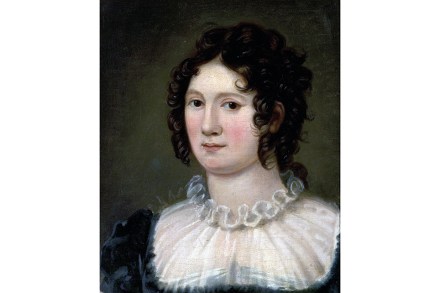The soldier poet: Viva Byron!, by Hugh Thomson, reviewed
In 1821, while Byron and Shelley briefly shared what they high-mindedly called an ‘artist’s colony’ in Pisa, along with Mary Shelley and Byron’s current squeeze Contessa Teresa Guiccioli, they both impulsively decided to commission the building of boats in order to explore the gulf of La Spezia. While Shelley, in deference to his friend, named his Don Juan (the boat in which he would perish, aged 29, the following year), Byron christened his The Bolivar,in honour of Simon Bolivar, who was then attempting to liberate South America from the Spanish. No stranger to noble causes, Byron would eventually go off to support the Greek War of Independence, dying ignominiously, aged



